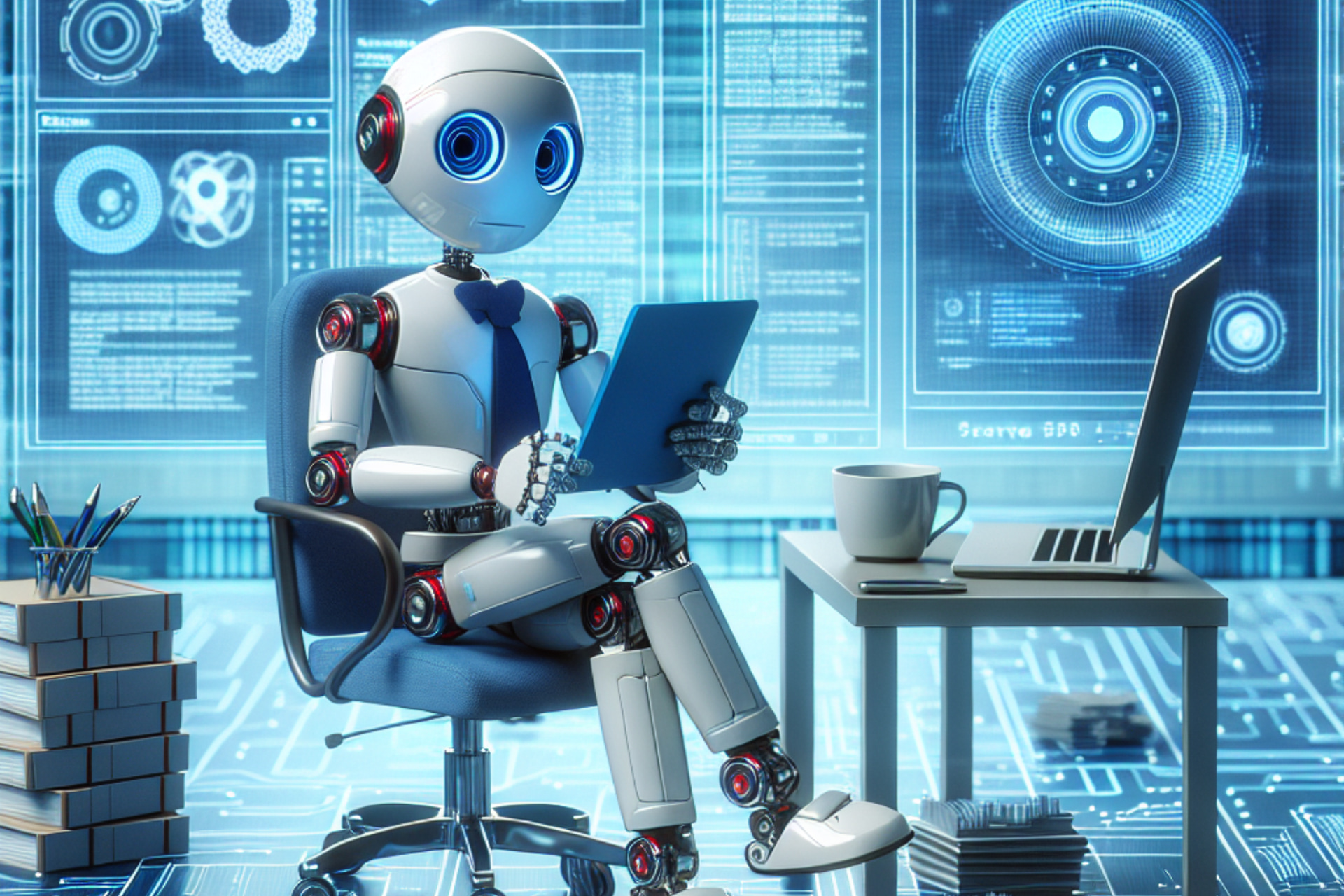
AI-UniBot: AI Support for IT Ecosystems
Implementing new software or updating existing ones usually comes with a surge of similar requests, such as how to share a file in the new software, where the meeting calendar is now located, how to diversify access in project teams, etc. – the first line of support often becomes the bottleneck. Users usually do not like reading manuals, preferring instant consultations. Even if it means waiting in line. To solve this problem, we expanded the functionality of AI-UniBot Personal Assistant & Corporate Chatbot — our Artificial Intelligence bot — by training it to fully function as a first-line support agent.
To call the AI first-line support agent, the User forms a query to the bot in a natural language in the Microsoft 365 Teams interface or on the web portal. AI-UniBot analyzes the text, determines the context, and matches it with indexed data from SharePoint, Confluence, Azure Files, and other storages. If the information is insufficient, the bot clarifies details as a Human Specialist would. For example, in response to «The file does not open in the new version of the software, » it might ask, «What type of file and error code do you see? ». Once the solution is found, the bot describes the steps to fix the issue or provides a link to the manuals. If the issue requires Human intervention (e.g., server failure), the bot would automatically generate a ticket in Help Desk systems such as Jira or OmniTracker with all the necessary details added.
Let’s take examples.
he Organization that uses Microsoft 365 for communication and Jira for incident management has integrated AI-UniBot into its workflow. Once an Employee reported an authorization error in the new CRM system, the bot found in Confluence the relevant instructions on changing the password through Azure Active Directory. The ticket was closed in two minutes, without Human intervention. In the case of a broken scanner requiring part replacement, AI-UniBot created a ticket in Jira, attaching automatically collected logs and diagnostic history.
In the Logistics Company that switched from 1C to Microsoft Dynamics 365 Business Central for accounting, AI-UniBot became a key adaptation tool. When the Employees faced integration errors, the bot analyzed their queries in Teams and provided links to relevant instructions in SharePoint – for example, how to set access rights to financial modules. If the problem requires submitting a request (e.g., missing data in the report), AI-UniBot creates a ticket in OmniTracker, automatically filling in fields based on the User's description.
Another example is from the automotive industry: at the car plant using AI-UniBot, the Operator found a discrepancy in the number of parts between the ERP system (SAP) and the warehouse module. Instead of manually correcting, the Operator described the problem to the AI agent «SAP shows 150 brackets, and the warehouse has 120. What to do? ». AI-UniBot identified the data conflict as a typical synchronization incident and launched an automatic audit scenario via Power Automate. The system checked the logging of recent deliveries and found that 30 brackets had been shipped but not marked as «issued» due to the network failure. The bot automatically updated the part status in SAP, synchronized data with the warehouse module, and informed the Operator «Discrepancy resolved. Data updated at 2.30 pm ». Before, such errors required hours of manual checks between Departments, now it was solved in 5-7 minutes without Human intervention.
In short, through the automation of routine tasks and integration with your IT ecosystem, AI-UniBot significantly reduces the request load on the first line of support. It flexibly adapts to changes – whether it be moving to a new platform or improving internal processes – and provides instant help to Users, regardless of their technological literacy level.
 ENG
ENG
 ÓÊÐ
ÓÊÐ
 ÐÓÑ
ÐÓÑ